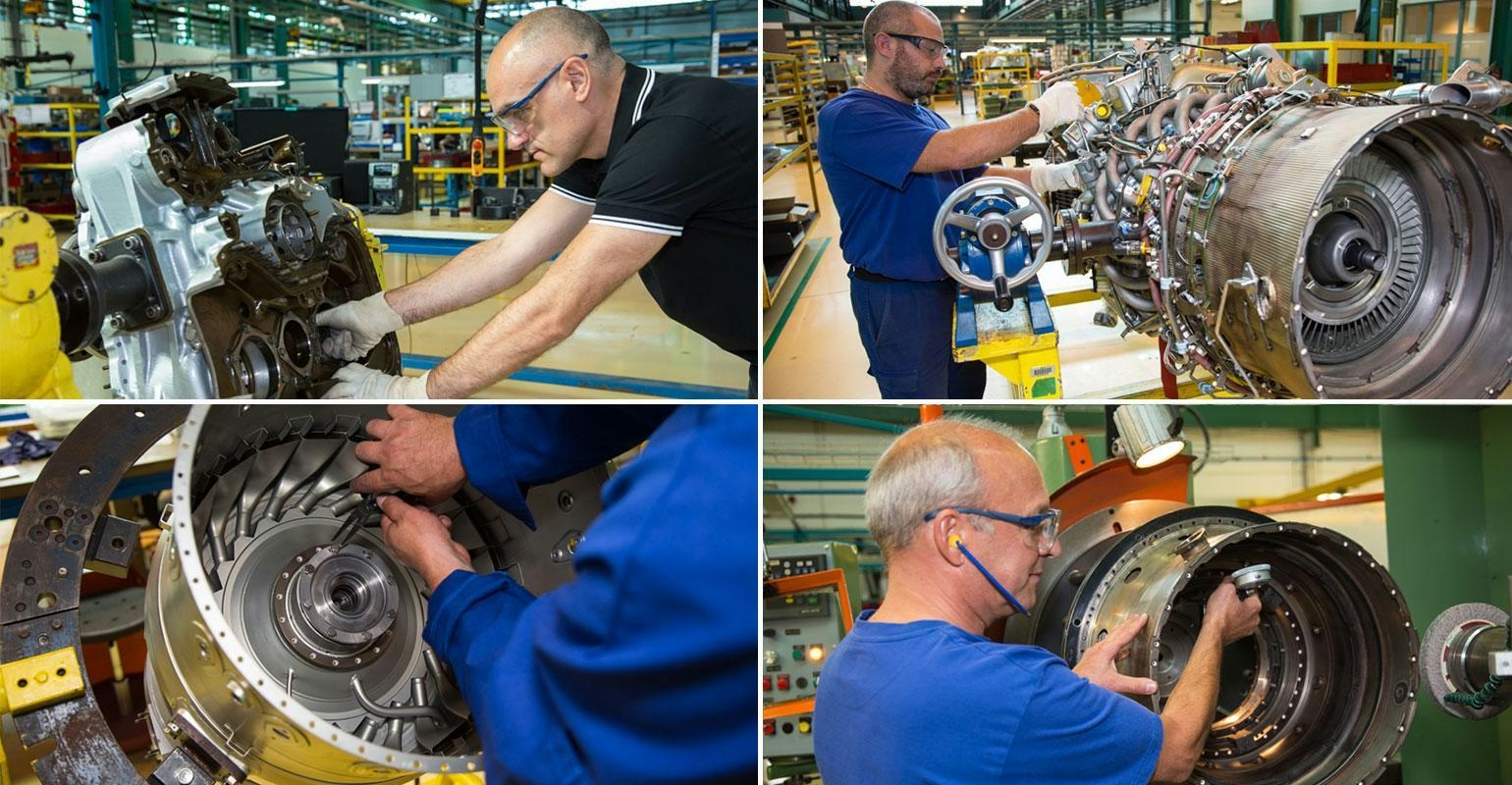AeroGenie — Ihr intelligenter Copilot.
Trends
Categories
French Facility Advances Civil and Military Engine Research

French Facility Advances Civil and Military Engine Research
A Strategic Hub for Aeronautical Propulsion Testing
In the context of a global drive toward cleaner, quieter, and more efficient propulsion systems, France’s DGA Essais Propulseurs test center has established itself as a key player in Europe’s engine development sector. Operated by the Direction générale de l’armement (DGA), the facility located in Saclay, southwest of Paris, is one of nine specialized testing sites across the country. Unlike many national centers, Essais Propulseurs is uniquely dedicated to aerobic propulsion systems and serves both military and civil aviation projects, a dual focus that distinguishes it within the European aerospace landscape.
Currently, approximately two-thirds of the center’s activities are devoted to military engine testing, with the remaining third supporting civil aviation programs. While it may not have the same public profile as the DGA’s missile testing range in Biscarrosse, Essais Propulseurs plays a vital role in maintaining France’s and Europe’s aeronautical sovereignty. Pierre-Marie Michel, Senior Propulsion Technician at the center, emphasized during the Paris Air Show 2025 that the facility’s technical installations are accessible not only to French manufacturers but also to international partners. The center collaborates regularly with global industry leaders such as Rolls-Royce to facilitate EASA certification processes and has contributed to Boeing programs through ONERA, as well as projects involving Chinese aerospace platforms. Despite this international engagement, the majority of clients—between 85 and 90 percent—are European.
Advanced Testing Capabilities and Collaborative Innovation
The Essais Propulseurs facility is equipped to conduct high-performance testing at multiple levels, including components, modules, and full engines. Its sophisticated altitude test cells can replicate extreme environmental conditions ranging from -55°C to +160°C, allowing for comprehensive evaluation of critical engine parts such as high-pressure compressors, combustion chambers, and turbines. The site also supports testing for heavy-lift helicopter engines developed through collaborations among Fiat Avio, MTU, and Safran. Additionally, the center specializes in icing trials, currently conducting tests for Airbus Helicopters and Safran’s turboshaft engines.
Aligned with France’s national aerospace strategy, the DGA is actively engaged in upstream research and technology development, particularly within the CORAC framework. Current initiatives focus on engine decarbonization, compatibility with sustainable aviation fuels (SAF), and the reduction of environmental impacts including emissions and noise pollution.
Challenges Amid Geopolitical and Industry Shifts
Despite its technological advancements, the facility faces significant challenges. Geopolitical tensions and the increasing demand for high-intensity combat readiness may place additional strain on resources and shift operational priorities. This is especially pertinent as European defense budgets grow and new partnerships, such as those with Nordic countries including Sweden, are forged. The broader aerospace sector is also grappling with inflationary pressures, supply chain disruptions, and evolving strategic approaches, including the integration of small satellites alongside larger space missions. These developments are prompting competitor nations to adapt their military and space programs, intensifying the competition for technological superiority.
Michel underscored the strategic importance of propulsion technology, stating, “Whether it’s for military platforms or the next generation of sustainable civil aircraft, propulsion remains a strategic capability. Our role is to provide the testing infrastructure and expertise needed to meet these evolving demands.”

Emirates Unveils Cabin Design for New Boeing 777X

Eighteen Years On, the Airbus A380 Remains Central to a $34 Billion Airline

How a boom in luxury airline seats is slowing down jet deliveries

Navitaire Outage Attributed to Planned Maintenance

Airbus Plans Record Delivery of 870 Aircraft in 2026

DigiYatra Debuts Outside Aviation at India AI Impact Summit

Vietnam Orders Strengthen Boeing’s Commercial Outlook

Airbus Signals Uncertainty Over Future A400M Orders

JobsOhio Awards $2 Million Grant to Hartzell Propeller for Innovation Center

Collins Aerospace Tests Sidekick Autonomy Software on YFQ-42A for U.S. Air Force CCA Program
